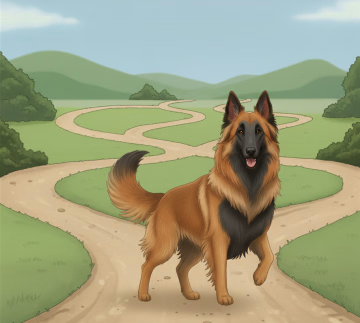Introduction to Graph Theory
What is Graph Theory?
Graph Theory studies how things are connected, through a network of points and lines.
A graph looks like this:
An Example Graph
Yes, it is called a "graph"... but it is NOT this kind of graph:
They are both called "graphs". But they are different things. Just how it is.
This subject explores how these points and lines relate to each other, and how to best travel around them.
You can think of it as places and roads, or as stations and trains ... or as a map of friendships where each person is a node and each friendship is an edge.
There are many ways to think about graphs!
Graphs have applications in many areas such as computer science, biology, social sciences, transport and more.
Let's learn some special words:
|
 |

- The number of edges that lead to a vertex is called the degree

- A route around a graph that visits every vertex once is called a simple path
- A route around a graph that visits every edge once is called an Euler path
A Simple Path is like finding a way to visit every friend's house exactly once.
An Euler Path is like a mail carrier's route that goes down every street once.
Some Examples:
This Graph has:
- 5 vertices: A, B, C, D and E
- 8 edges: AB, BC, CD, DA, AE, BE, AC and BD
- Vertices A and B have degree 4
- Vertices C and D have degree 3
- Vertex E has degree 2
This Graph has:
- 6 vertices: A, B, C, D, E and F
- 10 edges: AB, BC, CD, DA, AF, BF, CF, DF, AE and BE
- Vertices A, B and F have degree 4
- Vertices C and D have degree 3
- Vertex E has degree 2
Real-World Uses
In the real world, we can find many situations that can be represented using graph theory:
- Transportation networks: Vertices can represent stations, and edges can represent the routes connecting them
- Social networks: Vertices can be people, and edges can denote friendships or connections
- Internet: Web pages can be seen as vertices, and hyperlinks as edges connecting them
Graph theory can help in planning the most efficient public transportation routes or managing network traffic on the internet.
Types
There are many types of graphs such as directed and undirected graphs, weighted graphs, and more.

There are also and algorithms that can solve fascinating questions like finding the shortest path between two points.